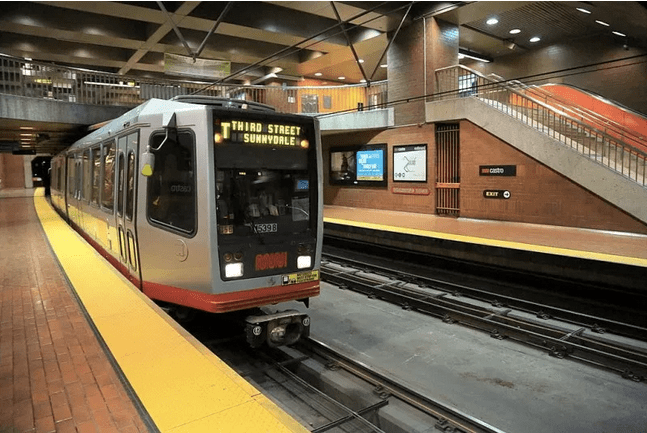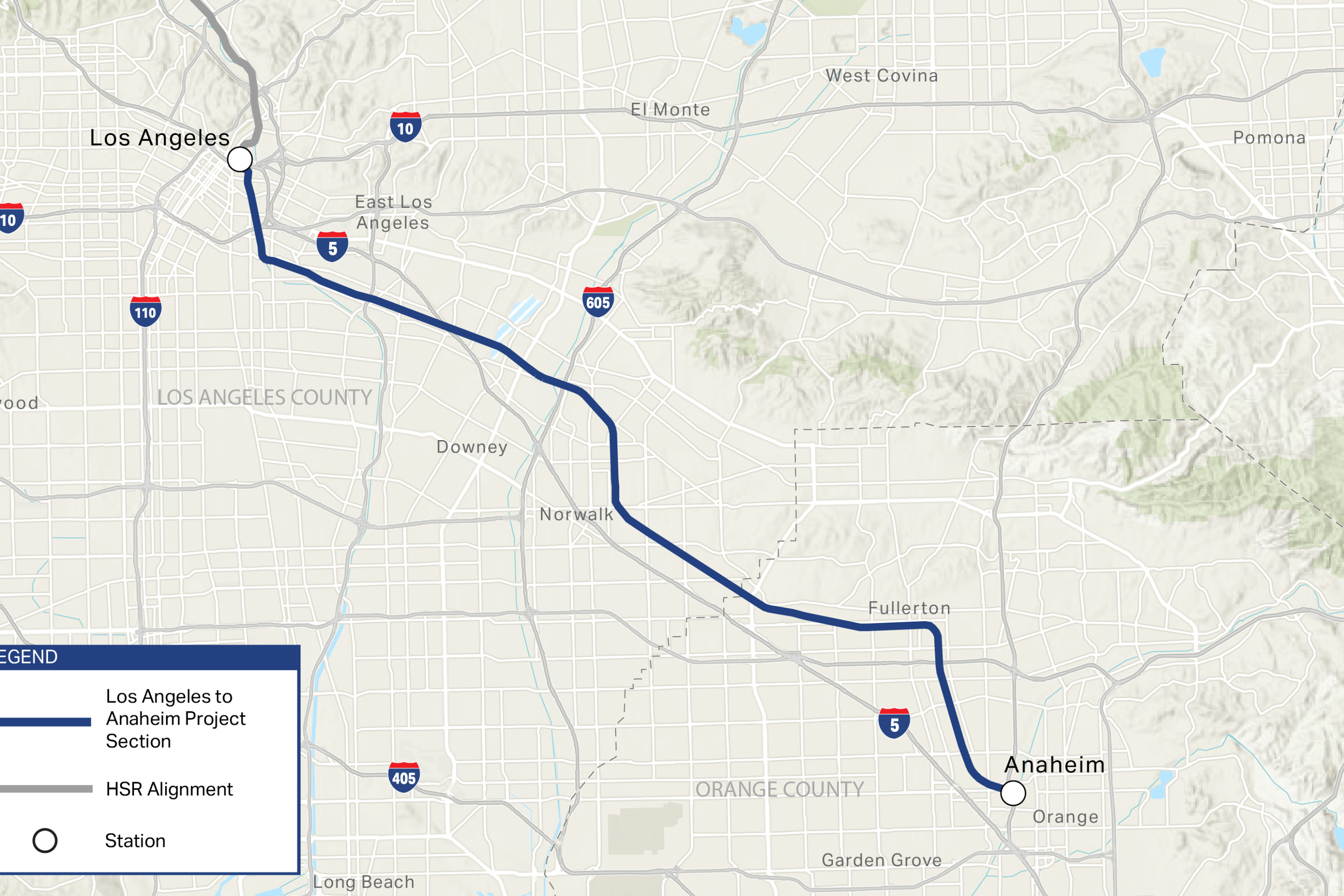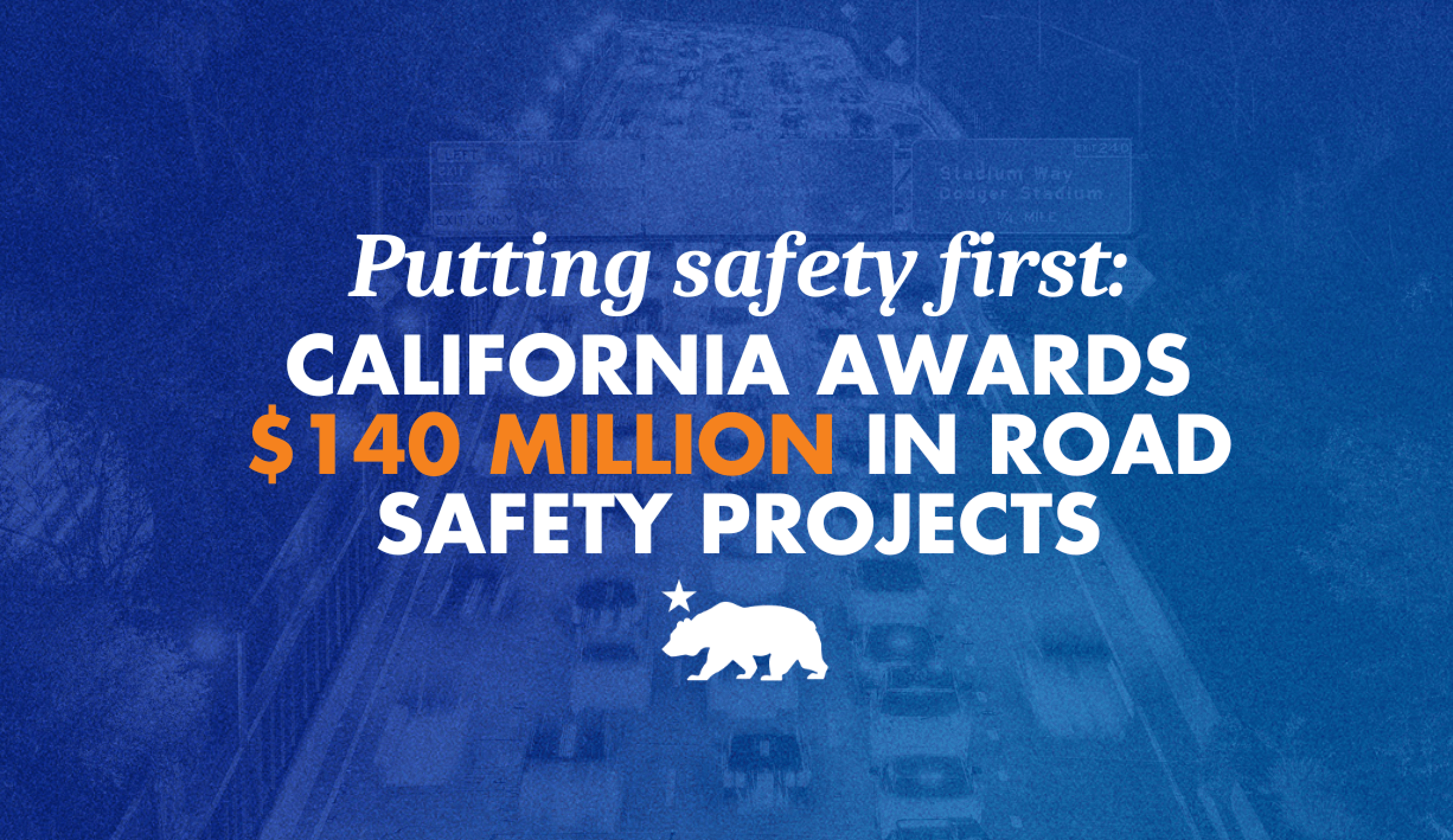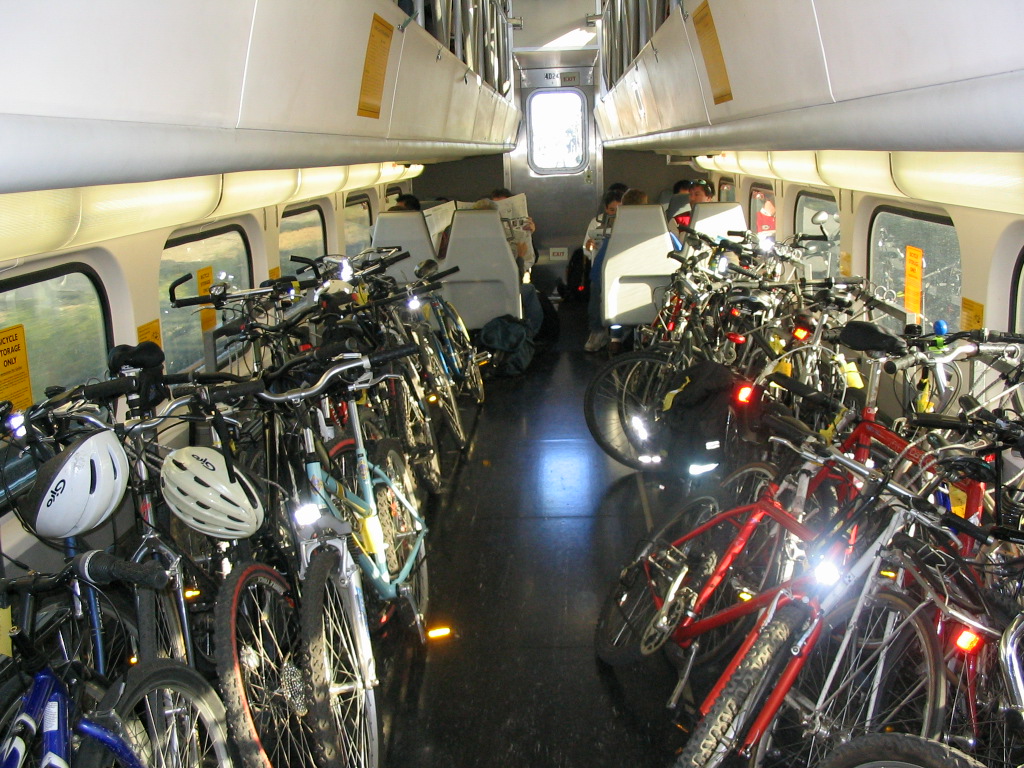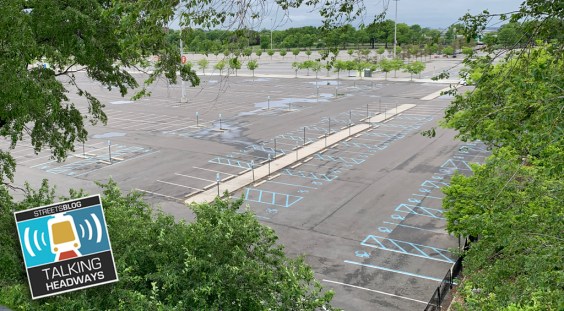On her day off last week, one bus driver* took time away from her daughters to tell me about her shift the night before. As regular riders boarded, she was sure to tell each of them that she was on vacation tomorrow and her shift had not yet been covered. In other words, don’t expect this bus to show up.
Transit operators are an integral part of making California affordable. Transportation is the second-highest expense after housing, and driving is both the most expensive transportation option and a top source of greenhouse gas emissions.
Giving Californians frequent, reliable, and accessible transportation alternatives is only possible with transit operators, but there’s a national shortage. A new report by the Transit Center outlines the crisis, finding that 117 transit agencies cut service due to worker shortages, with bus operator positions hardest hit.
LA Metro and the SFMTA are reducing service to manage staffing shortages. Reduced service and staff leaves riders stranded or delayed — which disproportionately affects BIPOC residents who make up a majority of transit ridership. Frequency also attracts riders. When VTA increased its service last fall, more frequent routes saw higher ridership increases.
I spoke with operators who work for Bay Area transit agencies who are working longer shifts, missing time with their families, and dealing with angry customers after missed buses. Here’s how they would solve the staffing crisis and make the job more attractive:
More flexible schedules
Shifts are often scheduled 10 hours apart. Many operators live hours away, however, leaving them scarce personal time during their work week. More operators and more flexible schedules would mean workers are only taking on overtime when they want the cash, not because they’re covering for a colleague assigned overtime during a daycare pick-up or are afraid to tell bosses, “no.”
Better breaks
Operators often don’t have a comfortable place to go to the bathroom or relax on breaks. Breaks are rarely more than 10 minutes, but traffic delays could reduce those to just six minutes at a portable toilet. This strains operators’ mental health, leaving no time to recoup between stressful routes and dealing with sometimes angry or erratic riders.
Pay operators so they can afford to live where they work
There was a time when transit operator salaries kept up with the cost of living and would support a family. Now, unions are fighting for just three-percent raises, which doesn’t keep up with inflation. Many operators can’t afford to live where they work; commuting to the Bay Area from Stockton or Modesto isn’t uncommon.
Improve operator safety
Assaults on operators are increasing across the county. Low wages and high living costs mean operators take overtime to pay their bills, meaning more time in front of angry customers missing more buses. Protective shields need to be improved and prototyped so they don’t inhibit drivers’ vision. But they must prevent operator assaults and virus exposure. Transit operator unions across the Bay Area have rarely unified on demands, but hazard pay for their struggles throughout the pandemic consolidated the groups’ advocacy.
Connect with operators on smarter recruitment
Agencies are experimenting with sign-on bonuses, but one operator said she would recommend referral bonuses. Though the job is tough, bus and train drivers are always sure to say how much they love the work and know similarly credentialed folks qualified for the role.
Protecting and respecting transit operators is not just a climate issue. It’s a racial justice issue. Frontline transit workers across the U.S. are more likely to be people of color than their colleagues who work non-frontline jobs. Transforming public transit into something that supports residents requires supporting our transit operators.
*Operators have been kept anonymous to protect them from retribution from their employers.
***
Amy Thomson is a transportation policy analyst for advocacy nonprofit TransForm focused on housing and transportation solutions to connect people of all incomes to opportunity, make California affordable, and help solve our climate crisis.
